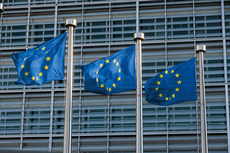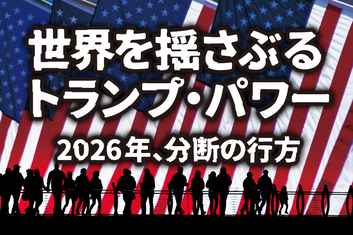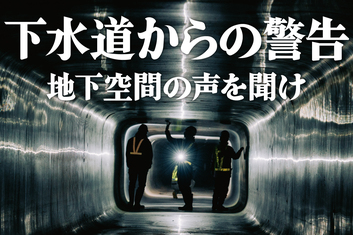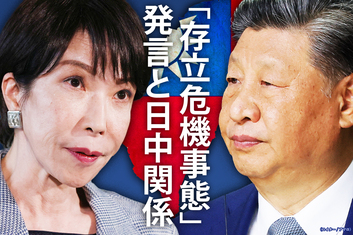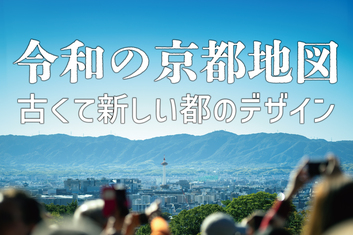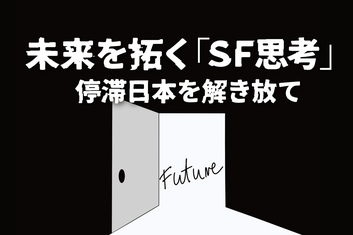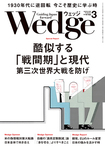Turkey is working on a nationwide project to install biometric authentication systems in hospitals and pharmacies nationwide.
A biometric authentication system is a way to confirm identification with fingerprints, a vein on a finger or in another part of a human body. The system has a higher security threshold than password authentication, as it makes it more difficult for people to pretend they are someone else. By introducing the system, the Turkish government aims to confirm a patient’s identification.
Recently, five firms have been selected to supply biometric systems for the project. Four of the five are Japanese, and three — Fujitsu Ltd., Hitachi Ltd. and NEC Corp. — have already established themselves internationally in the field of biometric authentication.
The fourth Japanese company is Mofiria Ltd., based in Shinagawa Ward, Tokyo, which spun off from Sony Corp. in 2010.
Sony began developing original technology on vein authentication systems around 2000.
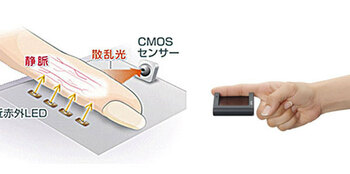 Mofiria Ltd.’s biometric authentication unit FVA-U2SXA
Mofiria Ltd.’s biometric authentication unit FVA-U2SXA(c)MOFIRIA LTD.
Mofiria’s technology used in the vein authentication system is relatively simple and thus the size of the device is small.
Someone merely places a finger on the authentication device and it scans the concentration of veins found on the finger’s first and second joints. Then a near-infrared light emitting diode (LED) is projected onto the joints to make a clear image of veins, and a complementary metal-oxide semiconductor (CMOS) censor takes a photo of the vein to confirm authentication.
Mofiria President Satoshi Amagai was appointed to head the vein authentication business section at Sony in 2007. Then-President Ryoji Chubachi said to him: “It’s an interesting technology. Please consider making a business out of it.”



